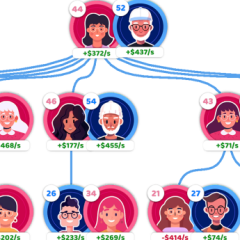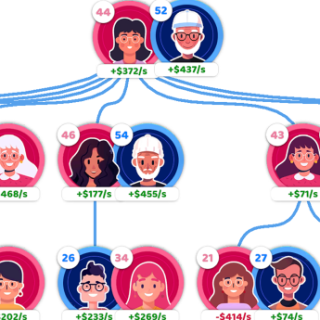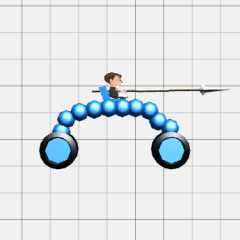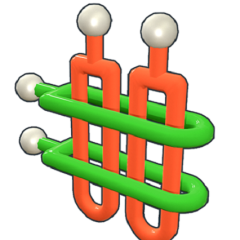Family Life is a life simulation game that puts the player in control of everyday routines and decisions within a household. The game allows you to guide multiple characters, each with their own personalities, needs, and goals. From morning preparations to nighttime routines, the player must manage time, relationships, and responsibilities. The setting includes a home, neighborhood, and various activity zones where characters can interact, work, study, and relax. The focus is on simulating domestic life and how choices affect everyone in the family over time.
Daily Tasks and Time Management
Each in-game day is broken into sections such as morning, afternoon, and evening. Players must make decisions about how each family member spends their time. Children may need help getting ready for school or completing homework, while adults balance work, chores, and personal goals. Managing overlapping schedules becomes more challenging as the household grows. The player can also assign tasks manually or allow some routines to run automatically depending on preferences.
Gameplay Elements and Systems
The game includes several key features:
· Character traits that influence behavior and mood
· A calendar system for planning events and routines
· Interactive environments such as kitchen, bedrooms, and public areas
· Dialogue options for conversations between family members
· A progression system that tracks skills, careers, and relationship strength
Each system contributes to the evolving dynamic of the household, with some events happening randomly and others planned by the player.
Relationship Building and Outcomes
Interaction between characters plays a major role. The choices made during conversations or shared activities affect how family members feel about one another. Positive actions can strengthen bonds, while neglect or conflict leads to tension. Long-term decisions, such as career paths or parenting styles, influence outcomes across multiple generations. Some characters may leave, change jobs, or pursue new goals depending on how events unfold and how the player guides them.
Family Life focuses on slow-paced development rather than instant rewards. The game encourages planning, reflection, and attention to the small details that shape daily life. Through ongoing decisions, players watch how their household changes and grows, offering a simulation that mirrors the complexity of real-world family dynamics.




























